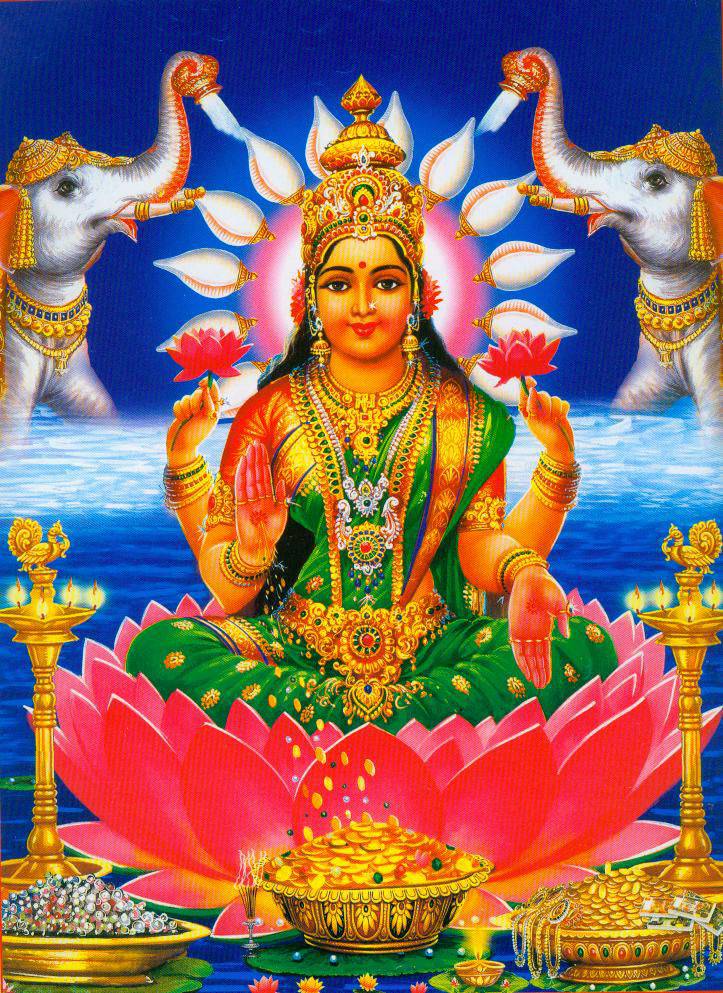Goddess names have long captivated the imagination of people across cultures and eras. These names often embody the divine feminine, representing various aspects of life, nature, and human experience. In this article, we will delve into the rich tapestry of goddess names, exploring their meanings, origins, and cultural significance. By the end, you will not only appreciate the beauty of these names but also understand the stories and attributes they carry.
Throughout history, goddesses have played vital roles in mythology, religion, and folklore. From the nurturing mother to the fierce warrior, each goddess holds a unique place in the hearts of those who revere them. The significance of goddess names goes beyond mere identification; they often symbolize strength, wisdom, love, and protection.
This comprehensive exploration of goddess names will serve as a valuable resource for those interested in mythology, spirituality, or simply seeking inspiration. We will discuss notable goddess names from various cultures, their meanings, and how these names can be relevant in modern times.
Table of Contents
- 1. Understanding the Concept of Goddess Names
- 2. Notable Goddess Names from Different Cultures
- 3. The Meanings Behind Popular Goddess Names
- 4. The Role of Goddesses in Mythology
- 5. Goddess Names in Modern Culture
- 6. How to Choose a Goddess Name
- 7. Resources for Further Exploration
- 8. Conclusion
1. Understanding the Concept of Goddess Names
Goddess names are titles or identifiers associated with female deities across various cultures. These names often reflect the attributes, stories, and symbolism of the goddess they represent. Understanding goddess names involves recognizing their significance in different historical and cultural contexts.
In many ancient civilizations, goddesses were worshipped as embodiments of nature, fertility, war, and wisdom. Names like "Isis," "Athena," and "Lakshmi" resonate deeply within their respective cultures, encapsulating the essence of the divine feminine.
The Importance of Names in Mythology
Names hold power in mythology. They can invoke specific energies, attributes, and even rituals associated with the goddess. For instance, invoking "Kali" may summon fierce protection and transformation, while "Demeter" may represent nurturing and abundance.
2. Notable Goddess Names from Different Cultures
Across the globe, there are numerous goddess names that reflect the diversity of human belief and experience. Here are some notable examples:
- Isis - Egyptian goddess of magic and motherhood.
- Athena - Greek goddess of wisdom and warfare.
- Durga - Hindu goddess of strength and protection.
- Brigid - Celtic goddess of poetry and healing.
- Oshun - Yoruba goddess of love and fertility.
These names not only reflect the cultural context they arise from but also embody universal themes that resonate across societies.
3. The Meanings Behind Popular Goddess Names
Each goddess name carries a unique meaning, often reflecting the values and beliefs of the culture from which it originates. Here are a few examples:
- Isis: "Throne" - Symbolizing royalty and power.
- Athena: "Of Athens" - Linked to the city and its values of wisdom.
- Durga: "Invincible" - Representing strength and resilience.
Understanding these meanings can deepen one's appreciation for the stories and attributes associated with these goddesses.
4. The Role of Goddesses in Mythology
Goddesses have often played crucial roles in mythology, serving as protectors, nurturers, and warriors. Their stories often illustrate moral lessons, cultural values, and the complexities of human nature.
For example, the story of Athena emphasizes the importance of wisdom and courage, while the narrative of Kali represents the transformative power of destruction and rebirth.
5. Goddess Names in Modern Culture
In today's world, goddess names continue to inspire individuals. Many people choose goddess names for their children, as symbols of empowerment and strength. Additionally, goddess names often appear in literature, art, and popular culture, reflecting a resurgence of interest in the divine feminine.
6. How to Choose a Goddess Name
Choosing a goddess name can be a personal and meaningful decision. Here are some tips for selecting the perfect name:
- Consider the attributes you admire.
- Reflect on the cultural significance of the name.
- Think about the stories associated with the goddess.
- Choose a name that resonates with your personal journey.
7. Resources for Further Exploration
For those interested in learning more about goddess names and their meanings, consider exploring the following resources:
8. Conclusion
Goddess names serve as a rich tapestry of cultural heritage, spirituality, and empowerment. By exploring these names, we gain insight into the divine feminine and the values that have shaped human civilization. Whether you are seeking inspiration, understanding, or connection, goddess names offer a beautiful way to engage with the stories and attributes of powerful female deities.
We invite you to share your thoughts in the comments below, explore more articles on our site, and delve deeper into the enchanting world of mythology.
Understanding The USD Black Market Rate In Nigeria: A Comprehensive Guide
Common Last Names In French: Understanding The Rich Tapestry Of French Surnames
Acting Blonde: The Rise And Impact Of Blonde Characters In Film And Television


